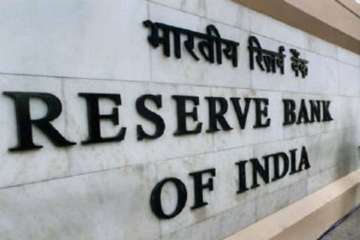The Central Bank of India on Jan 11 issued an advertisement in a Telugu newspaper stating that a letter from the National Population Register (NPR) will be made a valid document as part of the Know Your Customer (KYC) process, under the new set of Reserve Bank of India (RBI) guidelines. The advertisement went viral after it was widely shared on WhatsApp groups, triggering a panic reaction in the public.
Reportedly, around Rs 4.5 crore cash, large deposits in savings bank accounts have been withdrawn from the Kayalpattinam branch of the Central Bank of India, Tuticorin, since Saturday.
But, has the RBI really revised its guidelines and made an NPR document mandatory?
Fact-checking news website BoomLive has found that the central bank has indeed issued a new set of guidelines, as per which the NPR document will now be accepted as a valid ID proof.
A screengrab of the new RBI guidelines
The new guidelines state a letter from the NPR containing details of name and address is now among the list of Officially Valid Documents (OVDs) to be accepted by banks for opening an account or for meeting any other KYC norms, according to a news report.
Misinformation on social media
While it is, in fact, the NPR document that must be part of the KYC process under the revised norms, the viral WhatsApp message, which led to depositors’ panic, falsely claimed that the banks have included the NRC document in the KYC list.
“CENTRAL BANK OF INDIA....announced in public notice, that they included NRC doc in KYC list. Accounts will be suspended, and we can't withdraw money from accounts if NRC doc is not provided. So, withdraw your money from these accounts and cancel all the accounts in Central Bank of India (sic),” said the fake viral message, according to the fact-checking news website.
However, the move to include an NPR letter is not significantly a new development, as the RBI guidelines were last updated in May 2019.
BoomLive also noted that the NPR was also included in the list of acceptable KYC documents at the time of amending the Prevention of Money Laundering Act (PMLA) back in 2015.
Latest Business News
